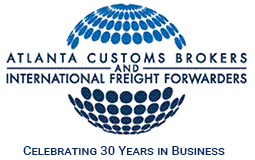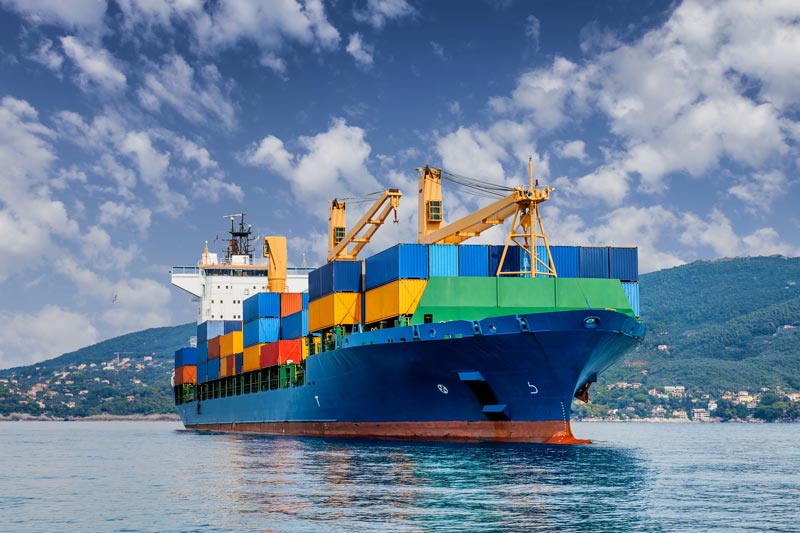What You Need to Know About CTPAT Changes
Did you know that in 2014 the total value of U.S. imports and exports were $2.19 trillion and $1.45 trillion respectively?
If you want to take your business to the next level, you know you have to play the import and export game. However, everything involved in commercial shipping can turn into a nightmare if things aren’t done the right way in the export and import end.
One way to cut the chances of things going wrong is taking advantage of the Customs Trade Partnership Against Terrorism (CTPAT). The director of the program announced that it will undergo major changes since its start in 2001.
Want to get ready for the revamped CTPAT?
Read on to learn what you need to know.
What is the CTPAT?
The Customs Trade Partnership Against Terrorism (CTPAT) is a voluntary partnership program between the government and private sector. Here companies work with the Customs Border Patrol (CBP) to improve security along the border and establish measures to improve supply chain security.
To benefit, the company has to apply and get certified by the CBP. The certification is provided to businesses that undergo the evaluation process and follow established best practices.
What You Need to Know About the Changes
According to the CTPAT Director Liz Schmelzinger, the changes will focus on the best practices of this partnership. Expect changes from A to Z due to the evolution of the supply chain since the program was first established.
From what we know the changes will include:
Senior Management Support
The CBP plans to provide support to the company’s management regarding the business culture and management philosophy of focusing on security and compliance. The idea is to provide the company with an internal immersion of the CBP best practices. At the same time, these changes are meant to emphasize the corporate responsibility of the senior management regarding using their influence, resources, and support to be more visible to their teams in managing CTPAT.
Technology Innovation
The authorities are planning to innovate in the application of technology. The CBP plans to apply technology according to the size and resources of the company.
Documentation of Processes
One of the biggest changes will come in this area. Before, the best practices consisted of a catalog of specific actions. The changes will switch this system to a framework that can be applied to companies of all sizes. This change should add consistency and make the certification easier for small- and medium-sized companies.
Auditing, Checks, and Balances System
There will be a checks and balances system to test that all the best practices are followed. This system will include auditing of the processes and accountability for violations of the practices.
Evidence of Implementation
The CBP will keep and maintain records of the plans being implemented. Also, the evidence will include all the records of maintenance regarding the processes.
Minimum Security Requirements
The security requirements will be updated to add cybersecurity and terrorism financing. These threats weren’t included in the program and are seen more every day.
These changes are expected to be implemented in multi-year phases starting in late 2018.
Wrapping It Up
The changes to the CTPAT will turn it into a version of the program that is much more involved. However, it will also make the process more understandable and easier to use.
Are you looking for customs brokerage services? We can help and are CTPAT certified. Contact us for more information.
Atlanta Customs Brokers is one of the oldest and most trusted customs brokerage and shipping firms in Atlanta. Established in 1985, our company has been a fixture in and around the Atlanta airport and Savannah port for more than 31 years. We enjoy working with our international partners and enjoy what we do. If you are a first-time importer or exporter or a large corporation, we can handle your needs.

